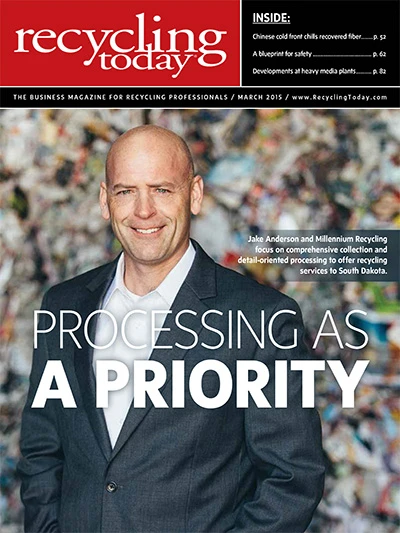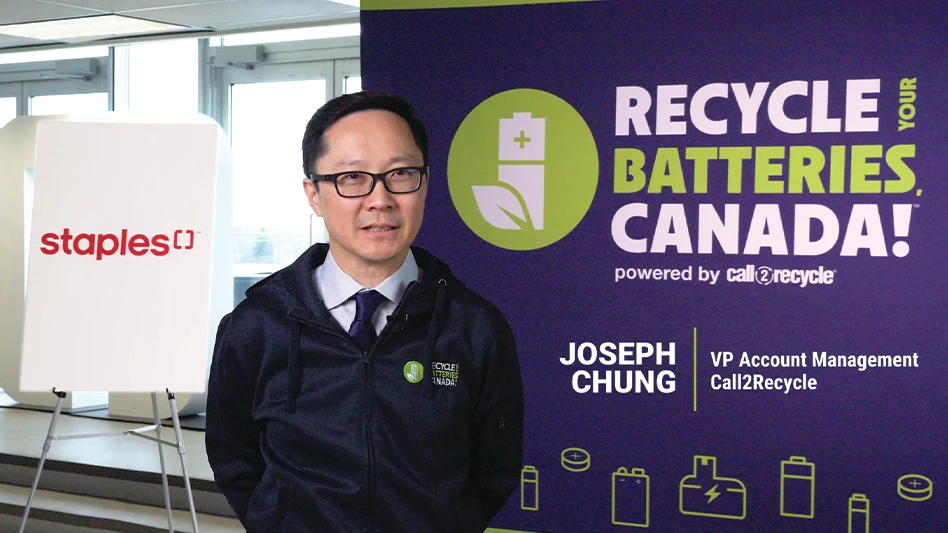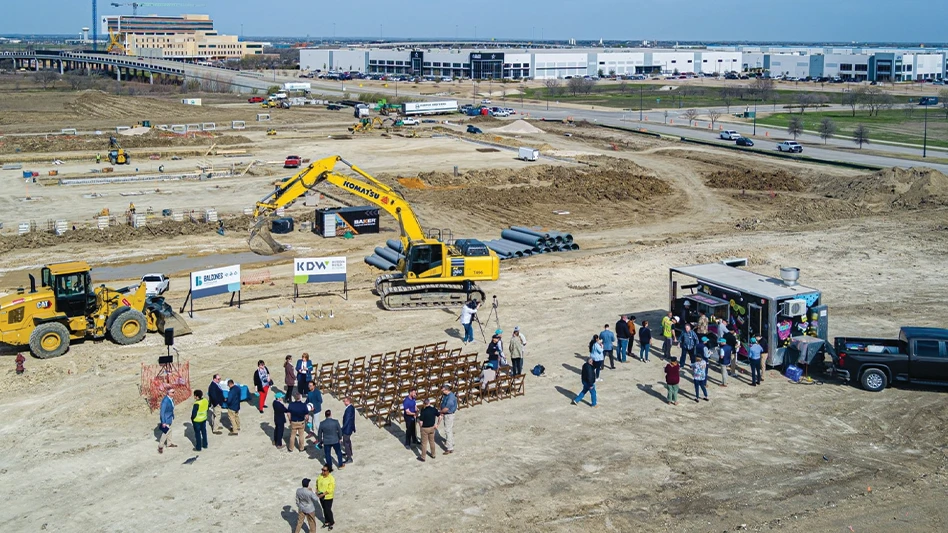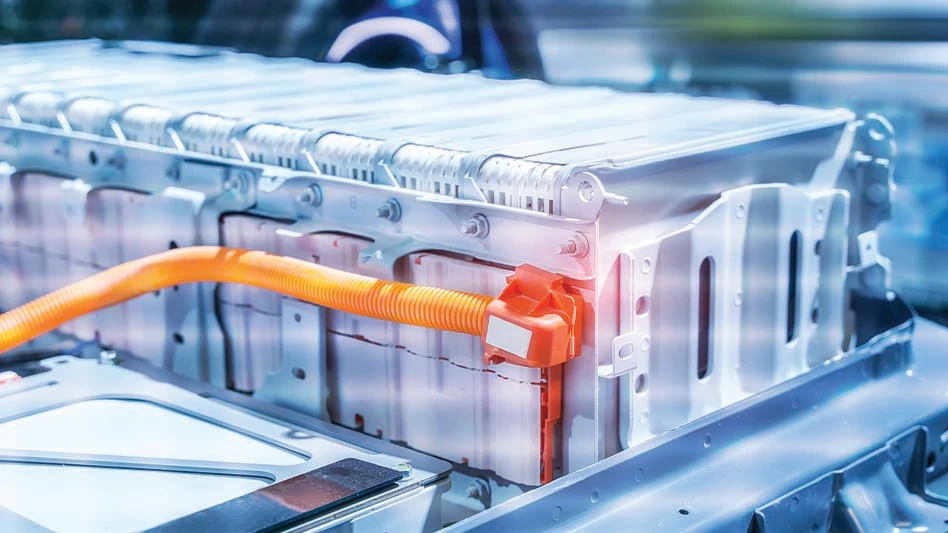While generation of plastic scrap is characterized as steady by sources in the plastics reprocessing industry, that doesn’t mean things are flowing smoothly. The kinks in the supply chain are the result of ongoing contract negotiations between the International Longshoremen and Warehouse Union (ILWU) and the Pacific Maritime Association (PMA). Port operations have slowed considerably in recent months, leading to a container backlog at many of the 29 West Coast Ports.
A reprocessor with operations in the Midwest, Southeast and West says, “ … it is difficult to get overseas containers coming out of the West Coast due to the longshoremen issues they are experiencing.”
He adds, “Activity for export was lower than normal over the past three months due to the Chinese New Year and the freight issues in California.”
Container movement is not the only thing that has been slower in recent months, the reprocessor says, citing declining demand for some recycled resins. “We are seeing a slowdown in requests for PP (polypropylene) and HDPE (high-density polyethylene) over the past three months.”
He adds, “Many of our customers are seeing such a large decrease in the price of their virgin materials that the demand for recycled materials has dropped.”
Regarding domestic demand for recycled resins, a reprocessor based in the Gulf Coast region says, “Pocket demand and seasonal demand is good” from the agricultural and housing construction sectors, “but overall buyers seem very cautious. They are not ordering material until they absolutely need to.”

While agricultural molders are buying polystyrene (PS) and polyethylene (PE), she says, they “are negotiating pricing on every load.”
More generally, the reprocessor with operations in the Midwest, Southeast and West says demand for recycled plastics is increasing. “More companies are reusing their scrap back into their products to take advantage of the cost savings.”
However, this does not necessarily amount to good news for reprocessors, as they are not necessarily performing toll processing for these manufacturers.
Sponsored Content
Labor that Works
With 25 years of experience, Leadpoint delivers cost-effective workforce solutions tailored to your needs. We handle the recruiting, hiring, training, and onboarding to deliver stable, productive, and safety-focused teams. Our commitment to safety and quality ensures peace of mind with a reliable workforce that helps you achieve your goals.
He characterizes scrap generation as steady for the last three months. “We have seen steady production volumes from our automotive, medical and housing customers.”
The reprocessor based in the Gulf Coast region says, “The automotive sector is running [at] full speed, and there have been increased volumes on that front.”
The Association of Postconsumer Plastics Recyclers (APR), Washington, has sent its members its “2014 Annual Report,” which details the work of the association over the last year. Among the APR’s accomplishments were establishing the Foundation for Plastics Recycling to “secure funding for major projects that address the issues of supply, contamination, design and other major issues facing the plastics recycling industry,” helping to finance and manage a nationwide study on sourcing additional plastic from material recovery facilities and implementing the work of the Full Wrap Shrink Sleeve Working Group.
Get curated news on YOUR industry.
Enter your email to receive our newsletters.

Explore the March 2015 Issue
Check out more from this issue and find your next story to read.
Latest from Recycling Today
- Recycled steel price crosses $500 per ton threshold
- Smithers report looks at PCR plastic’s near-term prospects
- Plastics association quantifies US-EU trade dispute impacts
- Nucor expects slimmer profits in early 2025
- CP Group announces new senior vice president
- APR publishes Design Guide in French
- AmSty recorded first sales of PolyRenew Styrene in 2024
- PRE says EU’s plastic recycling industry at a breaking point







